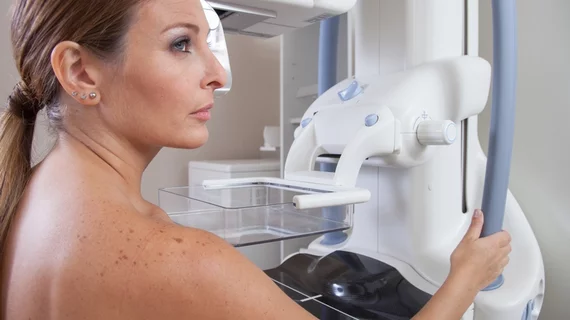New study to explore what healthcare providers know, need to learn about breast density
DenseBreast-info.org (DB-I) has launched a new research study to evaluate how educational interventions affect a healthcare provider’s knowledge of breast density.
The study, funded by the American Cancer Society, includes a survey that has already been sent to more than 23,000 healthcare providers from throughout the United States. The principle investigator will be Wendie Berg, MD, PhD, professor of radiology at the University of Pittsburgh School of Medicine and a chief scientific advisor for DB-I.
“This research study is designed to provide a better understanding of the educational needs of referring primary care providers in managing patients with dense breasts,” Berg said in a prepared statement from DB-I. “We hope to use the study results to highlight the importance to the referring community of using a medically-sourced resource for improving care for their patients in this category.”
Imaging providers in 38 states and Washington D.C. are required to provide information about breast density to patients after they undergo a screening mammogram. A federal regulation requiring similar communication has also been signed into law.

